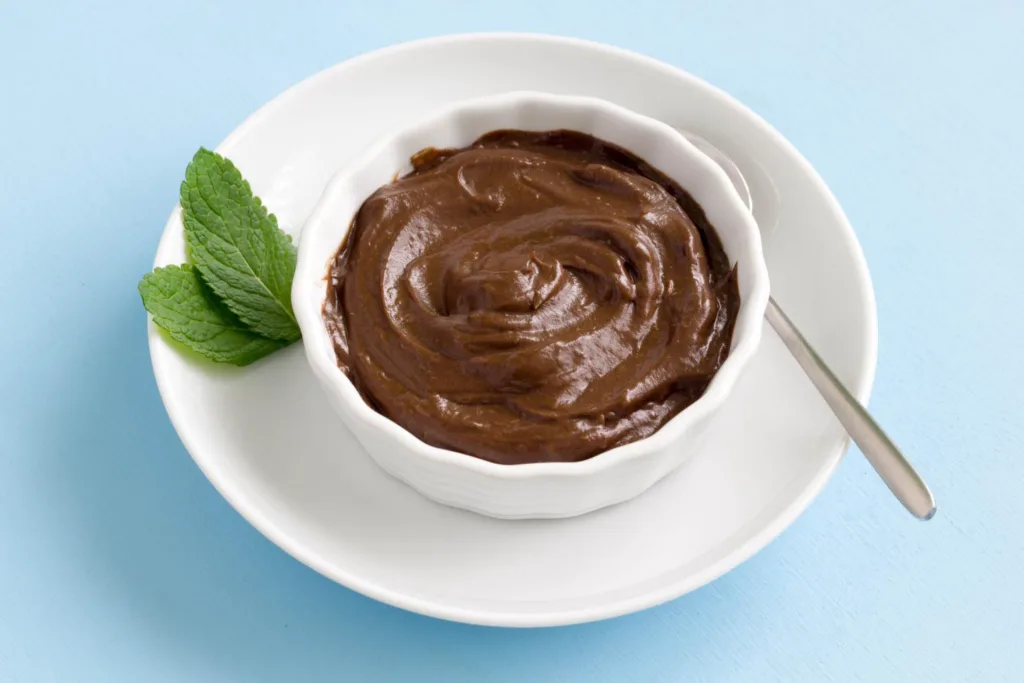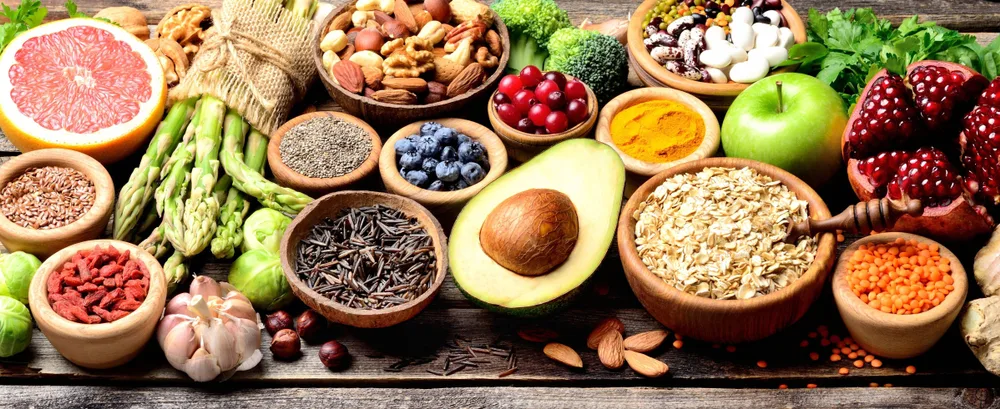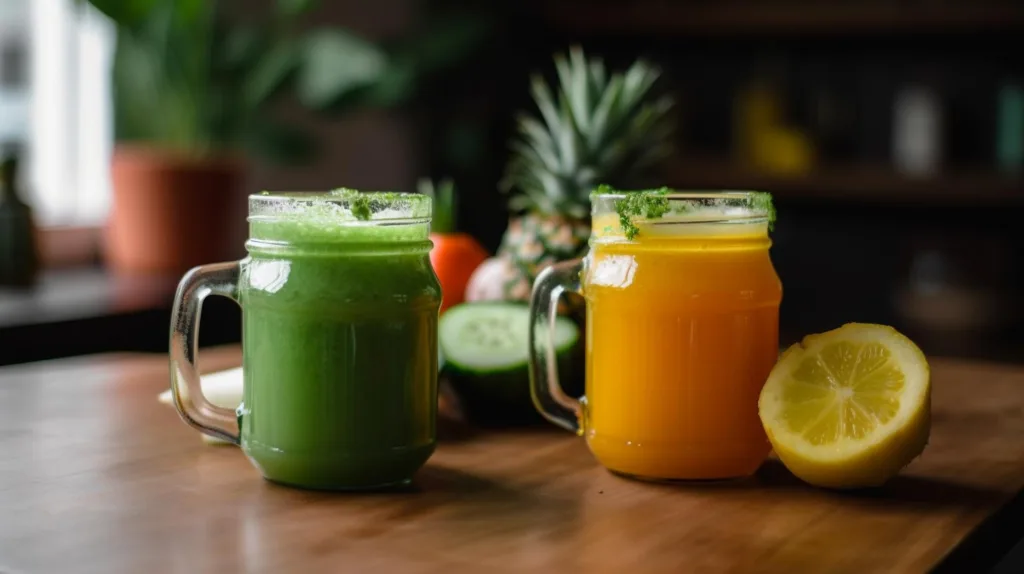Table of Contents
Many gym goers and muscle packers have eaten more than their fair share of chicken. And with good reason! Apart from being a high-quality lean protein, chicken meat is an excellent source of a few other vitamins and minerals. To get the best health benefits, find out if you should be eating. We also give some healthy cooking and storage tips. So, let’s see why you should eat chicken or maybe include it more regularly in your diet.
Chicken is an all-round winner
Chicken meat is an incredibly versatile food enjoyed by people around the world. Whether it’s the succulent breast, juicy thighs, or crispy wings, every part of the bird is delicious.
But that’s not all! Chicken eggs are also a nutritional winner, with healthy portions of protein, essential vitamins, and minerals.
Additionally, there are numerous ways to cook chicken, from boiling, to roasting, to grilling and frying — making it a great staple in many recipes.
Whether you’re looking to build muscle or maintain a healthy weight, understanding the nutritional value is key. First, let’s look at the macronutrients:
Why chicken is a great protein source
Chicken is an excellent protein source. Chicken breasts are typically lean and have the highest protein content, or 31 g protein per 100 g cooked chicken breast, of any chicken cut. This protein boost is especially beneficial for a number of reasons and for specific groups:
Gym goers
Studies show that increased daily protein intake is vital in maintaining lean muscle and strength gains from resistance training while also on a weight loss diet (1). Amino acids in consumed protein are, of course, the building blocks of muscle. This is why chicken, as an easy high-quality protein, is so popular among fitness enthusiasts.
Weight watcher
If you are not a fan of lifting weights, chicken’s lean protein makes it easier to maintain a healthy weight and stabilize blood sugar levels (2, 3). Protein is more satiating than carbs or fats, and this helps reduce appetite and calorie intake.
The elderly
Older adults generally have lower dietary protein intake, which can impair physical function (4). Regularly consuming chicken is an easy way to increase protein intake and maintain lean muscle mass.
Another bonus is how easy this soft meat is for elders to eat. Many elders have problems chewing or swallowing, so chicken meat is a perfect nutrient source (5).
Protein for bone strength
Eating more chicken can improve bone strength in a number of ways. Firstly, higher dietary protein intake has been moderately associated with protecting bone mineral density in the lower spine (6). Adequate protein intake can also increase the absorption rate of calcium (7, 8).
People with heart disease
Chicken is a better protein option for improving cardiovascular health because it is a lean protein. It also has less saturated fat than other red meat like beef or pork (9, 10).
Chicken for a zero-carb option
If you’re a carb watcher, you’ll be happy to know that chicken is an excellent choice. A 3.5 oz (100 g) of boneless, skinless chicken breast contains almost zero carbs. This makes it an excellent option for low-carb diets like keto.
However, how you cook chicken can affect its carb content. For example, frying chicken or breading can add a lot of carbs. Grilled, baked, or boiled chicken are low-carb options.
Is chicken fat good or bad?
Chicken is typically a lean protein but also contains some beneficial fats.
The fat content can vary depending on the cut. For a low-cholesterol diet, 100 g of skinless chicken breast contains approximately 2 to 3 g of fat. On the other hand, 100 g of chicken thigh with skin has around 9 to 10g of fat.
Chicken also includes unsaturated fat. These types of fats can help reduce inflammation and may help to improve heart health (11, 12).
Playing chicken with calories
Chicken is generally low in calories, making it a great option for weight loss. It’s important to keep in mind that the calorie counts can vary, but chicken breast is the leanest with the least amount of calories due to its low-fat content.
Also, the way you cook it affects its calories. If you’re looking for a low-calorie option, grilled or poached chicken breast is the way to go! Chicken soup is a good option, too, depending on what you put inside.
Chicken is low in carbs and fat but high in protein. It provides multiple health benefits for healthy weight control and gym-goers. It also serves as an ideal protein source for the elderly. The high protein content can help those seeking to promote bone health and lower heart disease.
Why you should eat chicken and hidden benefits
Apart from macronutrients, chicken also has beneficial vitamin and mineral values. You may not need those expensive supplements, so let’s look at some hidden health benefits.
A good source of vitamin B12
Chicken is a quality source of vitamin B12. A serving of 100 g provides approximately 0.3 to 0.5 μg of vitamin B12. That’s 10 to 20% of the recommended daily intake (DV) for adults.
Vitamin B12 supports the nervous system. It helps produce myelin, which surrounds and protects nerves, improving communication between neurons (13).
Vitamin B12 also promotes red blood cell production, helps with DNA synthesis, and boosts energy levels (14).
Yet, the amount of vitamin B12 can vary depending on the age and diet of the bird, as well as the cooking methods. For example, cooking chicken at high temperatures for long periods can lead to a loss of vitamin B12 (15).
Discover what tryptophan can do
Our bodies cannot synthesize tryptophan, so we must get it from food such as chicken.
Tryptophan can increase serotonin levels in the brain. This helps improve mood and reduces symptoms of depression and anxiety (16). Serotonin is also linked to improved cognitive function, including memory and learning (17).
Furthermore, serotonin can also become melatonin, a hormone that regulates sleep and wakefulness, promoting better sleep quality (18, 19).
Choline, an essential micronutrient
Choline is an essential nutrient for several bodily functions.
Chicken is a good source of choline (3 oz of roasted chicken breast has 13% RDV), but eggs are even more so. One large egg has about 147 mg of choline, more than a quarter of the recommended daily intake for adults. Eggs are, therefore, a great choice for ovo-lacto vegetarians.
Choline supports brain function. It’s a crucial component of the neurotransmitter acetylcholine, which helps memory and mood (20). Studies in mice have shown the benefits of choline supplementation in preventing the impacts of Alzheimer’s disease (21, 22).
Choline also promotes liver health and is essential in the breakdown of fats in the liver (23).
Moreover, it also supports muscle function. A study found that those who took choline-based supplements improved in explosive strength and could delay fatigue in physical tests (24).
Zinc, for immunity and reproductive health
Chicken also has a decent amount of zinc. A serving of 100 g of chicken breast contains about 0.9 mg of zinc—or around 8% DV for adults (25).
Zinc plays a vital role in producing and regulating sex hormones in both men and women. In men, zinc is necessary to produce testosterone and healthy sperm (26, 27).
In women, zinc is shown to help women who suffer from polycystic ovarian syndrome and acts as an antioxidant in women, which could support fertility (28, 29).
Iron, for healthy blood
The iron content in chicken depends on the type of cut. Dark meat, such as thighs and chicken legs, generally contains more iron than white meat, such as chicken breast.
Iron is an essential component of hemoglobin, the protein in red blood cells that carries oxygen from the lungs to the body’s tissues. Iron deficiency can lower red blood cell production and cause illness (30).
Certain groups are more likely to have iron deficiency, including teen girls, women with heavy periods, or frequent blood donors (31).
Chicken is full of nutrients such as vitamins and minerals. Vitamin B12 and choline support brain function, while tryptophan improves mood. Minerals like zinc help regulate sex hormones, and iron is for healthy red blood cell production.
Food safety and how to store chicken
If you’ve already been to the store and back, you may want to brush up on how to store and cook your chicken:
- Antibiotics, to prevent and treat infections, are widespread in the poultry industry. You may want to consider free-range or other organic sources.
- Rinse raw chicken thoroughly before cooking to remove any dirt or bacteria.
- Refrigerate or freeze the meat as soon as possible to prevent the growth of harmful bacteria.
- Store the meat on the bottom shelf of the refrigerator to prevent raw juices from dripping onto other foods.
- Once you’ve thawed frozen chicken, you should never refreeze it. Therefore, thaw only what you need.
- Make sure to cook the meat well in case of harmful bacteria.
What is the healthiest way to eat chicken?
The recommended way to eat chicken is grilled or boiled, as in chicken soup. These cooking methods contain less oil and carbohydrates, which is ideal for people looking to maintain a healthy weight.
What nutrients are chicken high in?
Chicken is mostly high in protein, with 31 g of protein per 100 g of skinless chicken breast. The meat also contains nutrients like vitamin B, tryptophan, choline, and minerals such as zinc and iron.
What are the health benefits of chicken?
Chicken is high in protein, and certain cuts are also low in fat and calories, which can help manage weight and lower heart diseases. Moreover, nutrients such as vitamin B12 and choline can promote brain health.
Is eating chicken daily a healthy choice?
Eating chicken daily can be a part of a healthy and balanced diet since it is a good source of protein, vitamins, and minerals. However, variety is key for a balanced diet, so try including other protein sources such as fish and beans.
What part of the chicken is highest in protein?
The chicken breast is considered to be the part highest in protein, with 31 g of protein per 100 g. The breast also has the lowest calorie count making it a perfect choice for weight watchers. Chicken wings are the next highest in protein but contain more fat.
Summary
Chicken is a nutritional gold mine. For people who want to lose weight, it’s low in carbs and fat but high in protein. For gym enthusiasts, chicken breast is the best, while for the elderly, chicken is an easy-to-eat meat. It’s also full of vitamins and minerals for maintaining muscle and cognitive function. Remember to choose healthy ways of cooking chicken. Boiled and grilled are better options than fried or processed.
Anything else that you want to know about chicken? Or do you want to know more about other foods? Let us know in the comments below!

















Comments
0